the ideal poem
Posted by Daniela Elza on Jun 25 2011
Mike Hingston, who runs a blog called Too Many Books in the Kitchen, interviewed Rob Taylor on the publication of his first book The Other Side of Ourselves and on poetry in general. I am stealing this photo from the launch. (Here is my post about Rob’s Vancouver launch. I should have stolen it then.)
Love the intro to the interview, Mike: Welcome back to Q&A, my ongoing series of interviews with authors I like, special Conflict of Interest Edition. I admit I rarely will bother to write about someone I do not like. There is plenty of that already. (But I also do not get paid to write commentary or reviews, nor for most of my writing.)
I am always curious how a poet thinks about poetry, what fuels their passion and commitment to it. What I like to find is a match between what the poems do and say, and the philosophy of the poet. (No, not explaining their poems. I mean the roots that nourish and grow their poetry).
Which is the case with Rob. I find his honest and open approach does service to poetry. So does his dedication to his work. I enjoyed his book and count on seeing and hearing a lot more of Rob in the years to come.
Here is an excerpt from the end of the interview:
Perhaps more helpful here would be my thoughts on the ideal poem. For me, the ideal poem gives pleasure immediately on first reading. What that specific pleasure is is not overly significant; what matters is that there is pleasure first. As Robert Frost said, “A poem begins in delight and ends in wisdom,†to which W.S. Merwin added “And it will never end in wisdom if it doesn’t begin in delight and continue in delight.†Both ring true to me.
The second requirement is that the pleasure produces a curiosity, and a desire to re-read the poem. On subsequent readings, the poem then needs to prove layered and nuanced enough to consistently release new bits of pleasure and induce new bouts of curiosity, every reading encouraging another, accruing pleasure along the way. To make a poem that lasts like that indefinitely is probably impossible, but there are certainly some poems that are still alive for me after dozens of readings.
Thanks, Rob.
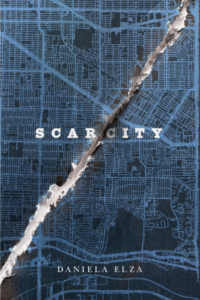
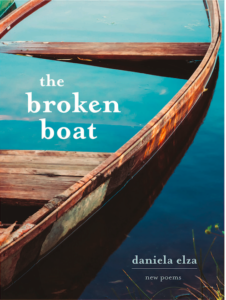
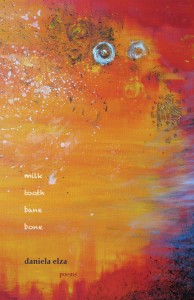

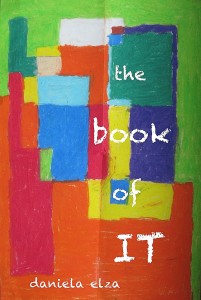
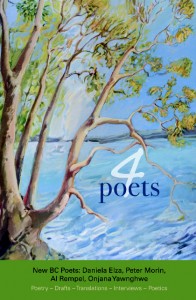

June 25th, 2011 at 12:24 pm
Thank you, Daniela!